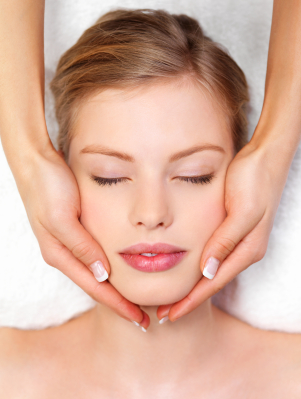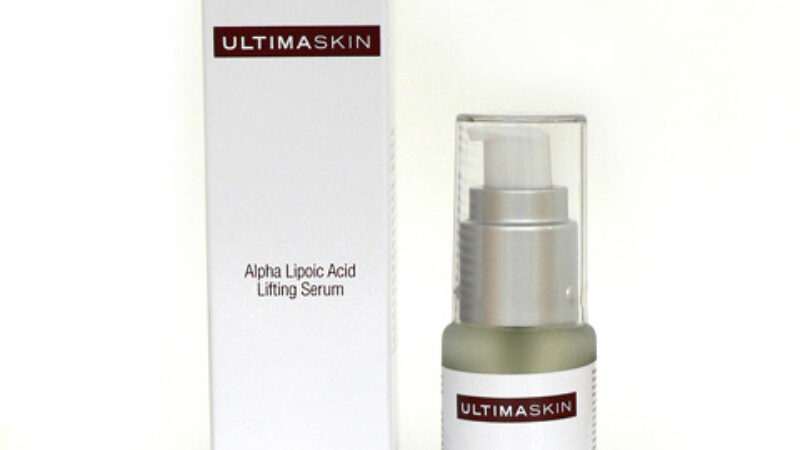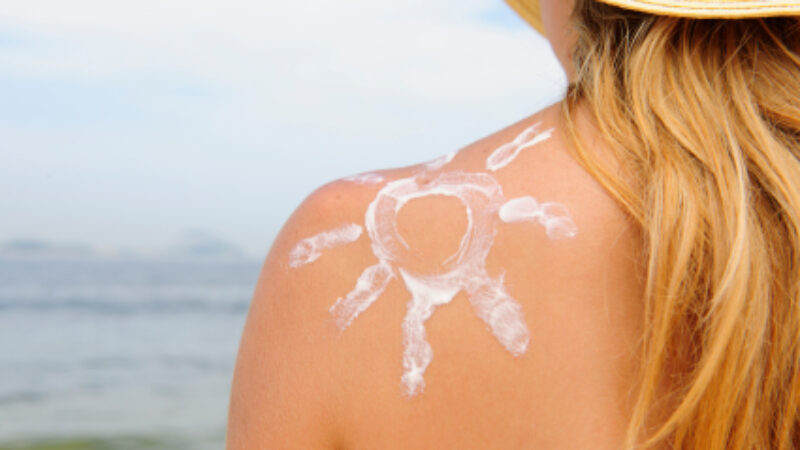Recent research has shown that probiotics can actually lead to an improvement in an individual’s complexion. Probiotics are defined by The World Health Organization (WHO) as “live microorganisms which, when administered in adequate amounts, confer health benefits on the ‘host’ (GI tract) in the human body.” Health care practitioners have embraced probiotics as one component of a more holistic way of treating health conditions including those affecting the skin. One of the latest buzzwords in nutrition, probiotics are widely regarded as being essential to staying and aging well.
What Are Probiotics?
Probiotics are found in foods such as sour cream, kefir, sauerkraut and kimchee. They’ve been used by various cultures for centuries to reduce symptoms associated with diarrhea, constipation and vaginitis; to improve the digestion of lactose-containing dairy products and in some instances to help control acne when applied topically to skin.
In Europe and Asia, probiotics are more widely accepted by medical practitioners and consumers. Their use in the control acne, signs of aging, immune functions and other aspects of skin care have been studied.
One of the first to be introduced for treating skin conditions was Bioecolia (alpha glucan oligosaccharide). This ingredient has been shown to help balance the ecosystems of the skin and scalp during times of stress, exposure to airborne pollutants or through the use of harsh cleansers and sanitizers. Several European companies as well as some in the US feature the use of Bioecolia in topical products for the treatment of acne, dandruff and baby products.
How Do Probiotics Contribute To Healthy Skin?
In addition to their benefits when applied topically, probiotics are thought to improve the health of the gut or gastrointestinal system. The gut contains bacteria that are both beneficial and detrimental to health. Probiotics contribute to an increase of the ‘good’ bacteria, which can help to minimize or even neutralize the effects of bacteria that are considered hostile or detrimental to health. Good bacteria can also help to inhibit the growth of disease producing bacteria as well as aid in the synthesis of vitamins, improve the uptake of minerals and stimulate the immune system.
Since the skin is a reflection of inner health, it’s not surprising that if you suffer from digestive disturbances, your complexion may become sensitive, appear unhealthy, discolored, mottled and pasty. Probiotics can help to change the environment that results in digestive problems. As a result, many conditions, including irritable bowel syndrome, have benefited from consumption of probiotics. And, researchers have shown that conditions including sensitive and acneic skin can also improve.
If you are interested in incorporating probiotic foods into your diet, try to consume them naturally in foods. And if you’d like to supplement, choose a reputable brand to ensure that you’re getting what you pay for.





I have been taking probiotics internally for a little over two years now and love the results. Recently, I found a new skincare line called SK1N Probiotic Systems that uses pre and probiotics in all of their products and combined with my supplements, I am a believer!!!
I’m a big believer in probiotics and believe they are essential for our health although I do try and get them through food as much as I can.
However, if I have to take antibiotics for any reason then I am headed straight for the nearest bottle of probiotic supplements I can find!
Interested to hear about the skincare line mentioned in the previous comment. I shall take a look at it.
A close friend of mine has dandruff, and she asked me if I knew of any good solutions for it. You wrote that probiotics help the gastrointestinal system, which produces bacteria that helps your overall health. Perhaps this is exactly what she needs, a boost in her health would probably reflect in her skin. Thanks for the informative read.